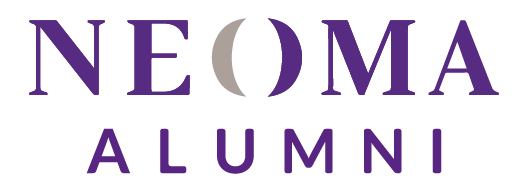Economist Nathalie Janson, a specialist in free banking and banking regulation whose research focuses on monetary policy, banking regulation and cryptocurrencies, lifts the veil on the year ahead...
What does 2022 hold?
Since the beginning of 2021, inflation has picked up in the US and Europe. What is the cause of this price increase and should we be concerned?
N.J : According to the definition of the liberal economist Milton Friedman, inflation is a widespread and continuous rise in prices caused by a surplus of money in circulation. During the pandemic, central banks resorted massively to quantitative easing, i.e. they mainly bought up public debt on the bond market. For example, the US Federal Reserve (FED) doubled the amount of assets reinjected to USD 8.7 trillion, or 40% of GDP or 40% of GDP, while the ECB's balance sheet represents 60%. In France, the government supported businesses by maintaining wages, with the European Central Bank (ECB) buying up sovereign debt on a massive scale. As the economy came to a standstill during the successive confinements, employees were forced to save their income because they could not consume. The return to activity led to a bottleneck because of the large amount of cash in circulation.
In the US, inflation was 7% at the end of 2021, the highest since 1982. There is reason to worry as there is indeed a general and continuous rise in prices, which is why the FED is preparing to raise its interest rates. For its part, the ECB announced on 3 February 2022 that it might reduce its debt purchases and raise interest rates as early as 2022, whereas this was initially planned for 2023. The prospect of higher rates has already pushed up the yield on European sovereign debt with France's yield back into positive territory. Access to bank and financial market financing is likely to be more difficult and above all more expensive for both companies and individuals. A decline in investment and the property market is to be feared.
How can we explain that inflation is only happening now when Western central banks have been printing money for over a decade?
There is a disagreement between Keynesian economists, who supported the generous policies of massive debt purchases, and liberals. For the Keynesians, since quantitative easing policies have not generated inflation in recent years, the fiscal dominance of monetary policy was not a particular problem as defended by the "magic money" theory (modern monetary theory). The inflation that is occurring today is linked to the exceptional circumstances created by the pandemic, notably the bottlenecks. Liberal economists, on the other hand, interpret the decade-long asset bubble in financial markets, the art market and the cryptocurrency and NFT market as a manifestation of inflation that now extends to goods and services.
by Pauline Bandelier
Discover the rest of this dossier in the digital version, completely free!
Did you like this article? So that we can continue to offer you content on NEOMA and its news, contribute to NEOMA Alumni!

Comments0
Please log in to see or add a comment
Suggested Articles





